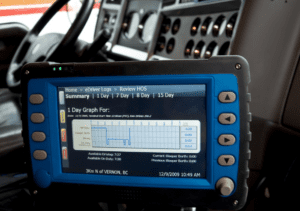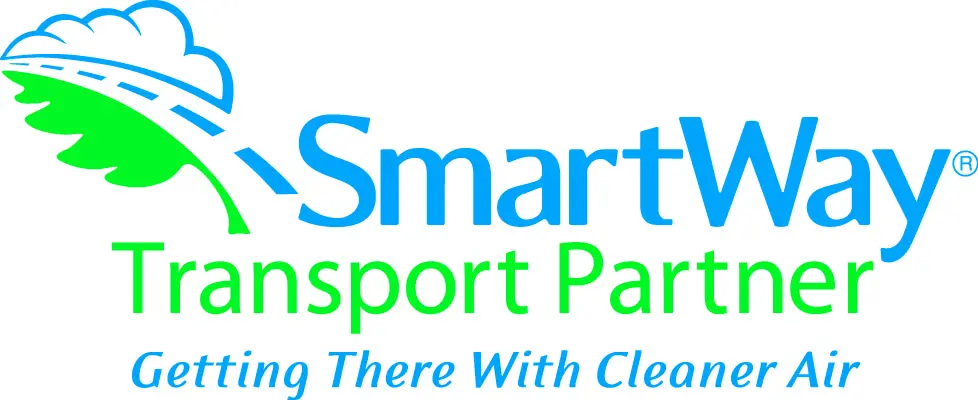services
Full tilt services
News
about
About full tilt logistics
Reno, NV, trucking companies are witnessing the biggest change in the trucking industry in over 50 years. Back in December 2015, the Federal Motor Carrier Safety Administration (FMCSA) published the final electronic logging device rule — or ELD mandate. What this mandate means is that every commercial vehicle - especially those related to long-haul trucking - requires an electronic logging device. This device is more commonly referred to as an ELD. ELD's are essentially part of a government-mandated program that replaces paper logbooks in all commercial vehicles. This regulation takes effect in December 2018.
This device is a piece of hardware that records commercial vehicle driving hours. It also enables our own shippers and Full Tilt drivers to monitor shipment status. This government mandate aims to “improve roadway safety by using technology to strengthen commercial drivers’ compliance with hours-of-service regulations that prevent fatigue.” Drivers may then print their logs and provide them to DOT Enforcement Inspectors as part of their already required documentation.
Think of ELDs as automatic on-board recorders that electronically record a driver’s activity and log their Hours of Service. Back-office fleet management software often connects with ELD’s to submit real-time driving logs back to base. One of the overarching goals may be to increase driver safety on the road, but ELDs also allow for greater transparency throughout the shipping and trucking process - a valuable asset for shippers and truckers alike.

The ELD mandate is perhaps the biggest change within the trucking industry in over 50 years. It isn't surprising then that many industry insiders are less than thrilled by these advances. In this particular trucking debate, as in others, there are two sides to the story. As a personal time management tool, ELDs have the potential to eliminate time-consuming manual paperwork and undoubtedly save drivers time; however, there are skeptics.
These skeptics suggest an overall loss in trucking industry productivity due to new hours-of-service rules - a legitimate and potentially significant concern. Shipping rates add concern as well. Combining these issues potentially drives up freight spend in the spot market.
At this time, there is no way to accurately gauge how many fleets or local Reno, NV, trucking companies are running with paper logs and knowingly violating hours-of-service regulations. It is also unclear how many of these potential violators will be unable to continue operating in a post-ELD environment - without a doubt, there are many.
Regardless, more drivers will be needed to make up for driver hours if hours are reduced. We know now that driver shortages are due to outside factors like natural disasters and seasonal rises in shipping traffic. There is also potential for this new ELD regulation to add to driver shortages.
We cannot know for certain; however, by many estimates, ELD will reduce driver and fleet hours, creating additional demand nationally and locally amongst other Reno trucking companies. This all translates to higher pricing. In the end, we foresee an added pressure on trucking companies to make up their losses in productivity and hours with additional drivers. This ultimately creates more competition for drivers and potentially leads to higher driver wages.
Assuming “reasonable enforcement” of the law, we won't see the true impact of the regulation until late in 2018. Regardless, at Full Tilt, we are already ahead of the curve and compliant with all ELD standards. The result: little to no impact on our customers. Approximately 40% of U.S. trucking fleets already use ELD’s, and Full Tilt is no different.
At Full Tilt, our operators and drivers use ELD’s and are fully compliant with the upcoming deadline.



